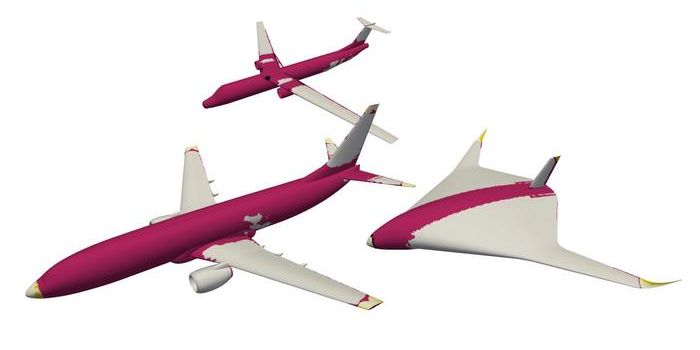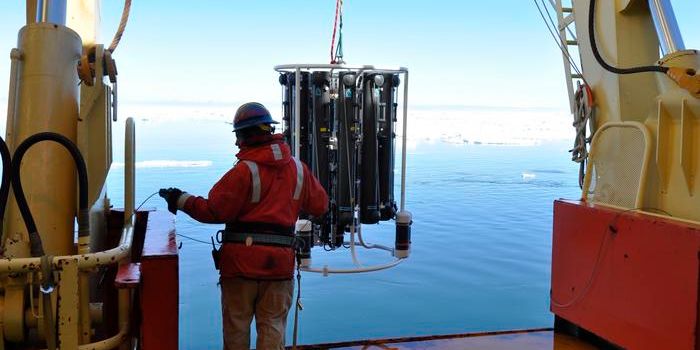Monitoring marine animal activity under the sea
In a new study published in the journal Animal Biotelemetry, researchers report on the development of an application aimed to enhance marine animal tracking. The goal of the application is to gather data on the activity levels of animals over months-long durations and overlap the information with temperature data to better understand animals’ responses to environmental changes.

The application comes from researchers at the University of Miami (UM) Rosenstiel School of Marine collaborating with Atmospheric Science and Wildlife Computers, Inc. It has been integrated into the Incorporation’s technological systems.
"The new feature available on the Wildlife Computers MiniPAT pop-up tag has an integrated accelerometer for measuring activity, and its onboard software computes a summarized value of overall activity level, which can be transmitted to satellites," said lead author Rachel Skubel, who is a PhD candidate at UM's Abess Center for Ecosystem Science & Policy. "The Activity Time Series (ATS) data product allows us to determine when the tagged animal is switching from slow to fast swimming and vice versa."
The application will target animals such as sharks, tunas, and billfish that are difficult to monitor due to the depths at which they live their lives. Current attempts to do so rely on tags with integrated accelerometers, but collecting this data is cumbersome and a huge limiting factor for monitoring projects. The new technology attempts to resolve this dilemma.
"Along with changes in activity level, the tag also collects and transmits data on the animal's swimming depth and the temperatures they encounter with a user-programmable resolution," said co-author Kenady Wilson, Ph.D. "These data are transmitted via our MiniPAT (pop-up archival transmitting tag) with a tracking period of up to three months."
The team tested out the ATS technology on cobia fish (Rachycentron canadum) at the University of Miami's Experimental Fish Hatchery and later on sandbar sharks in the wild. "The ability to now remotely track how animals are behaviorally responding to changes in environmental conditions over several months and across vast expanses of open ocean really opens up a lot of new research opportunities" said Neil Hammerschlag, from the UM Rosenstiel School of Marine & Atmospheric Science and UM Abess Center for Ecosystem Science & Policy. "This is especially important for understanding if and how these species respond to climate change"
Sources: Animal Biotelemetry, Eureka Alert








